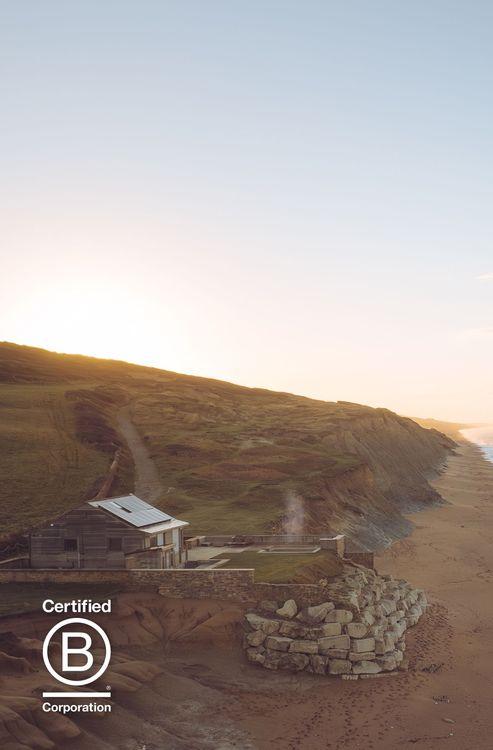Wellness
One of the most powerful groups of consumers in the world is turning to glamping for what they need. We look at the longevity and opportunity of the wellness market.

A new era of escape: why wellness-driven travellers are choosing glamping
The travel industry is evolving, driven by a wave of conscious consumers concerned with sustainability, overtourism and wellness amidst rising living costs and a mental health crisis. These travellers now prioritise simplicity, environmental responsibility and restorative, relaxing experiences - qualities that are central to glamping. As wellness becomes a trillion-dollar pursuit shaping our lifestyles, glamping has emerged as an ideal, transformative escape that aligns perfectly with this trend.
In this report we will examine the motivations and spending habits of glamping guests and how they’re reshaping the travel industry. We’ll highlight key trends, including the demand for unique experiences, growth in special occasion travel, rising dog ownership, the central role of wellness, and increased scrutiny of company values, all of which are influencing market positioning and offerings.
Despite a difficult year, when wet weather and an election softened summer bookings, glamping is perfectly placed to serve an audience seeking a more meaningful, low-impact, better form of travel.
One of the most powerful groups of consumers in the world is turning to glamping for what they need. We look at the longevity and opportunity of the wellness market.
Travellers understand the impact of tourism and are more open to new destinations in their search for unique experiences. See the impact in our regional performance.
Guests want their trip and the place they stay in to be one of a kind, even on a budget. We look at the types of place seeing a revival and the importance of uniqueness.
Consumers are booking later and being more financially cautious overall, but travel and wellness spend is increasing, as shown by our data on booking timing and value.
Switched-on travellers want to see more from the companies they buy from and take less from the places they visit. We examine the political and social landscape.